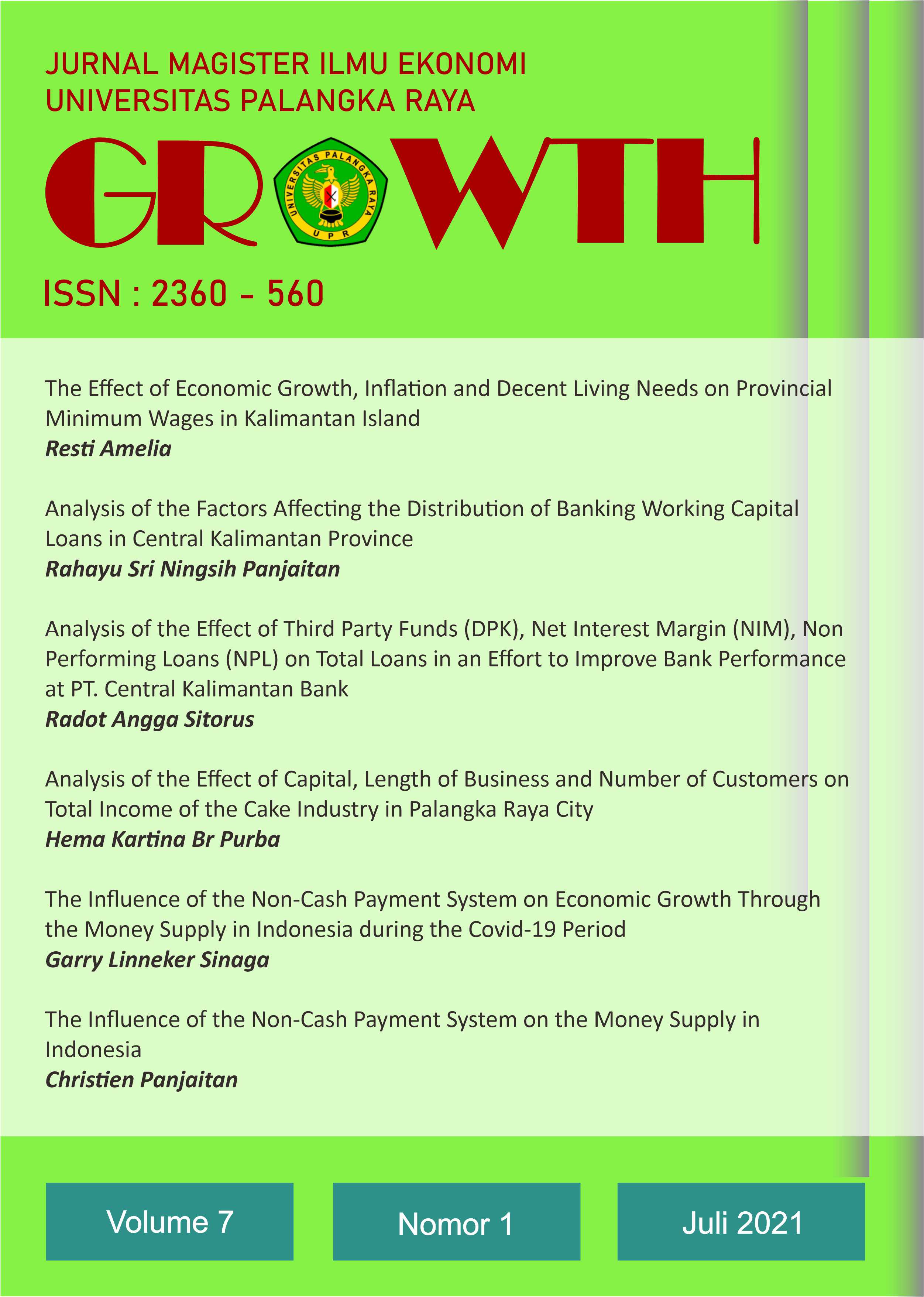The Influence of the Non-Cash Payment System on Economic Growth Through the Money Supply in Indonesia during the Covid-19 Period
DOI:
https://doi.org/10.52300/grow.v7i1.4513Keywords:
GDP, ATM cards, Electronic Money , Total Money Supply, path analysisAbstract
This study aims to determine and analyze the effect of electronic money (e-money) and ATM cards on economic growth through the money supply as an intermediate variable in Indonesia. The analytical method used in this research is path analysis. The data in this study were taken from the website of the Central Statistics Agency (BPS) and the website of Bank Indonesia (BI) in the form of time series data from 2010-2020. The results of this study indicate that ATM cards and electronic money directly have a positive and significant effect on the money supply, ATM cards have a positive and significant effect on economic growth, electronic money directly has a negative and significant effect on economic growth, the money supply directly negative and significant effect on economic growth. The results of the analysis show that the indirect effect of the money supply variable is not being able to mediate electronic money and ATM cards on Indonesia's economic growth.
Downloads
Downloads
Published
How to Cite
Issue
Section
License
Copyright (c) 2022 Garry Linneker Sinaga

This work is licensed under a Creative Commons Attribution 4.0 International License.




